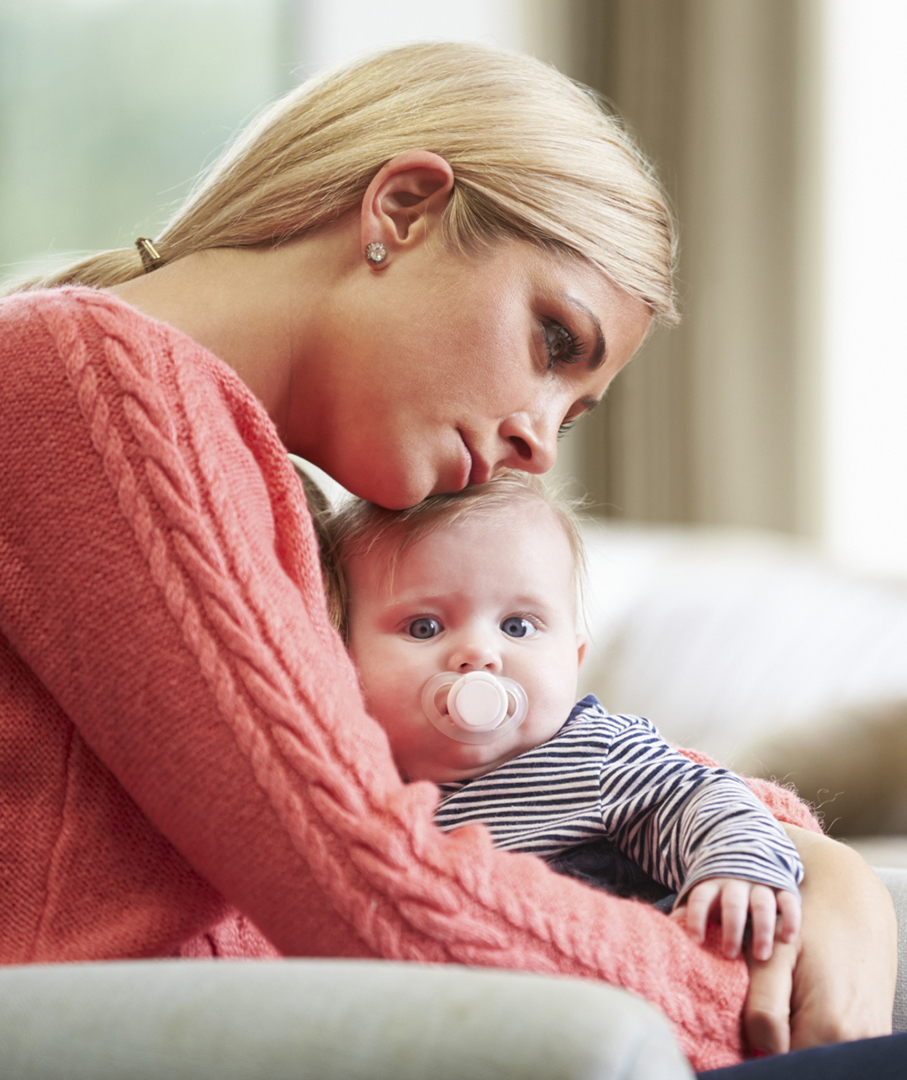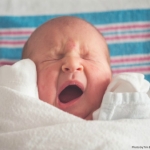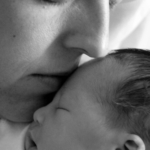For decades, researchers have postulated a connection between breastfeeding and postpartum depression (PPD). However, the research examining the association between postpartum depression and breastfeeding has been somewhat difficult to interpret.
A recent cross-sectional study yields some new information regarding the relationship between depression and breastfeeding. Families with children aged 12 months or younger participating in the 2011 National Survey of Children’s Health (10,024 children) were assessed. The researchers measured associations between self-reported maternal mental health (poor or fair, good, very good, excellent) and ever breastfeeding, exclusive breastfeeding for 6 months, and duration of any breastfeeding. The researchers were also able to control for potential confounding factors: maternal (physical health, age, smoking, single mother, parental stress), child (prematurity, race, gender), and socioeconomic (child insured, poverty level, Women, Infants, and Children [WIC]).
In this cohort, 83% of the children were breastfed for some period of time, and 17.4% were exclusively breastfed for 6 months. The average duration was 5.6 months. After adjusting for potential confounding variables, the odds of ever breastfeeding were 0.31 lower among mothers reporting poor or fair mental health compared to mothers reporting excellent mental health. The odds of exclusive breastfeeding were not significantly different between the two groups, nor was there a significant difference in duration of breastfeeding by maternal mental health.
One of the strengths of this study is its large size which allowed the researchers to control for potential confounding factors. It is limited in that it did not use standardized questionnaires to assess for maternal mood and that this information was collected retrospectively. Nonetheless I believe this study yields some important information regarding the interplay between postpartum depression and breastfeeding. Maternal mental health was strongly correlated with the initiation of breastfeeding; therefore, if we intervene early and support women and their efforts to initiate breastfeeding, we may be able to increase rates and duration of breastfeeding in women with PPD. I suspect also that helping mothers to achieve success in this important aspect of mothering may decrease stress and help build a stronger sense of competency, factors which may help to reduce depressive symptoms in this setting.
Ruta Nonacs, MD PhD
Smith AJ, Harney KF, Chien AT. Does Maternal Mental Health Affect Initiation, Exclusivity, and Duration of Breastfeeding? [140].Obstet Gynecol. 2015;125 Suppl 149S.







Leave A Comment